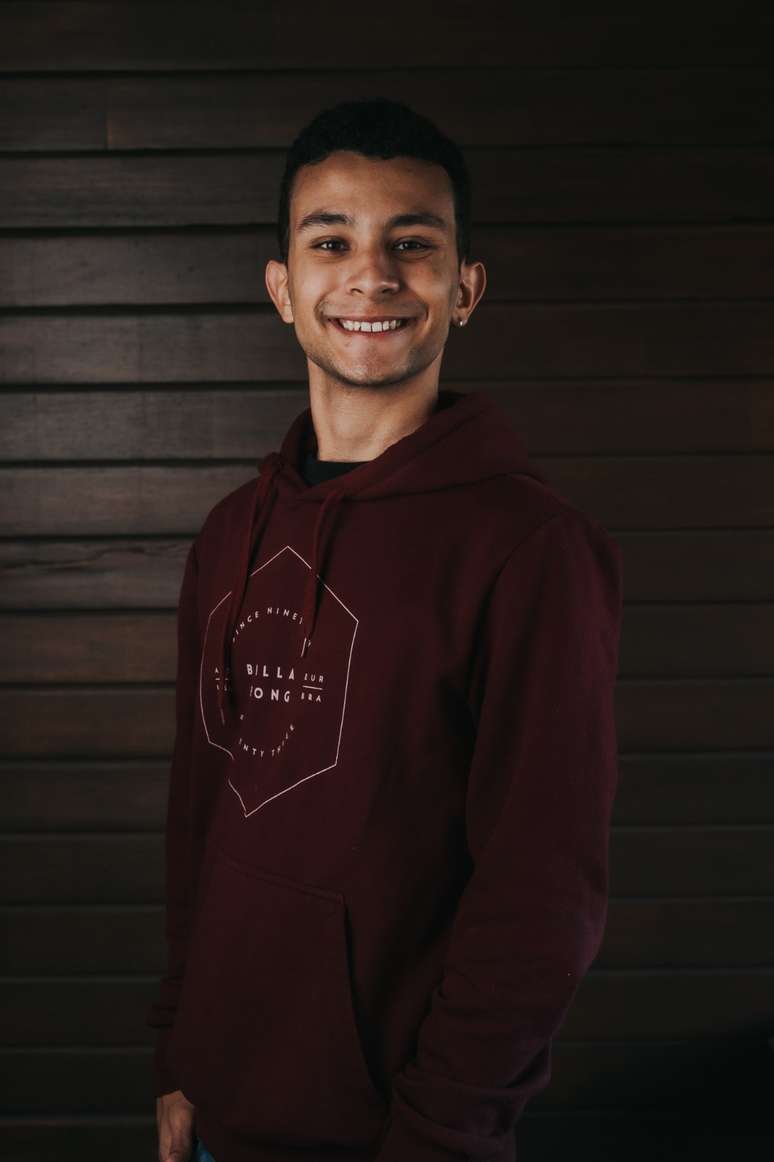Find out what young people think about these student communities, an option for students starting their university life
With the start of the year and the university enrollment period, many students are faced with the decision to change city to obtain their long-awaited degree. Hence the need to choose a place to live and bear the costs of a new university life. What to do then?
A popular option for these students is fraternities. These shared spaces often bring together people from different regions and cultural backgrounds. Some, like Arapuca, are staffed exclusively by women and become a safer alternative for girls.
Bárbara Orlandi, 24, is a resident of Arapuca. The psychology student from the University of São Paulo (USP) in Ribeirão Preto emphasizes that each resident has a specific role, which facilitates the harmony and organization of space.
“The functions are repairs, responsible for maintenance; finance, responsible for household accounting; bureaucratic, which deals with administrative matters; and organization, responsible for order and cleanliness,” he explains.
This distribution of tasks also promotes individual development, since many girls who arrive do not know how to wash clothes or even fry an egg. Bichetes, as newbies are called, go through the adjustment process that includes household responsibilities and living with people with different personalities.

“We too have to give up a lot to be able to experience all this. And I say that it is an excellent option”, underlines Bárbara, who also adds the opportunity to network in this type of accommodation.
In addition to the daily exchange of experiences and professional advice, the republic promotes events and traditions to strengthen ties between residents. In Arapuca, internal parties, such as the “Churras de Ex”, and meetings between women’s republics, such as the “Café das Reps”, are common.
‘InterReps’ is a sports competition that involves integration between residents and other republics. “It’s an opportunity to make friends with other classes,” she points out.
In addition to traditions and events, Arapuca is home to beloved pets, such as Chico, the dog born with the republic, and Sunny, the kitten officially adopted this year. Typically, bichetes are responsible for the basic care of animals, as they are responsible for the simplest tasks at first.
The largest in Latin America
Journalism student Johan Pena, 21, lives in República Aquarius, at the Federal University of Ouro Preto (UFOP). With 33 rooms, a football area and cinema, it is considered the largest republic in Latin America – and one that represents the birth of republican life in the city of Minas Gerais.
In addition to the division of labor, Johan says that residents are responsible for maintaining the structure of the house in which the republic operates. Since they do not pay rent to live in the property belonging to the college, a specific body monitors the work of the republics.
Another feature of living in Aquarius is the monthly meeting between residents, to align the division of costs, tasks and responsibilities.
“Our meeting has an agenda, a speaking time… It really should be an exchange of ideas,” he says. “These teachings I have had over the years are what makes my experience different.”
And anyone who has heard of the republics of Ouro Preto certainly knows the tradition of university parties. The city’s carnival groups are successful throughout Brazil and are organized by the students themselves.

“I think this is where I’ve had the best years of my life, aside from the personal growth that comes from living with different people, having responsibilities, obligations, learning about leadership. What I’ve learned here also opens professional doors for me “, emphasizes Johan.
According to the student, Aquarius’ activities also extend to politics. They are the ones who lead a project that makes the republics intangible heritage of Ouro Preto, and the republics are also part of the academic and social activities of the university, such as the Associação Esportiva da Escola de Minas (ADEM) and the Academic Center of the School of Minas (CAEM) .
Exchange of experiences and learnings
Endre Kurotusch, current president of the Council of Republics at the Luiz de Queiroz Faculty of Agriculture (ESALQ/USP), recalls that he underestimated the experience of living in a republic as soon as he arrived in Piracicaba in 2020 to study Economic Sciences. Without a place to live when he arrived from Goiânia, his hometown, the Covid-19 pandemic helped him understand the importance of the republic at that stage.
“In my head I thought that it wasn’t worth living, that living with people I had never met in my life made no sense anyway, because at that moment I thought that I could have done much better and that I would have developed much better on my own, I I was completely wrong,” he says. “If it hadn’t been for the republic I would definitely have closed the university. The few people I managed to stay in contact with during the pandemic were actually people from the republic.”
Upon returning in 2021, Endre strengthened ties with the República Arado and fell in love with its diverse environment. Currently in his 5th year and employed by one of Brazil’s largest banks, he attributes his ability to practice to his experience in the republic.
“I have dealt with people of different cultures, one grew up in São Paulo, others grew up in the interior of São Paulo, with different cultures, with different family styles, with political opinions, with social visions, with a vision of very different world from mine. This allowed me to grow a lot as a person”, he says,

The support that Endre has found in his fellow students is what student Marya Fernanda, vice president of the Council and Agricultural Engineering student, highlights as the main advantage of living in a space like this.
“They are people who do not disappoint you in any way. Republics are families, they are all families,” he emphasizes. “The bonds that are created are so strong that even when people finish their studies they maintain friendship, closeness and even meet again.”
According to her, in Esalq republics, whether they are men or women, new students go through a kind of “internship period”. At this stage, they get to know several republics before actually becoming residents. This way, they can choose the one they identify with the most.
“The entrant enters and then arrives in a republic, pays nothing, lives there in the republic, sleeps, uses all the republic, but does not pay, until he chooses one and becomes ‘effective’ in this,” he reports.
Is it regional slang or a meme? Terms that only make sense in some regions of the country
Source: Terra
Rose James is a Gossipify movie and series reviewer known for her in-depth analysis and unique perspective on the latest releases. With a background in film studies, she provides engaging and informative reviews, and keeps readers up to date with industry trends and emerging talents.




![Un Si Grand Soleil Preview: Episode Summary for Monday, October 27, 2025 [SPOILERS] Un Si Grand Soleil Preview: Episode Summary for Monday, October 27, 2025 [SPOILERS]](https://fr.web.img4.acsta.net/img/16/ec/16ecdc89ab22d2242ca3490a29003c5c.jpg)


